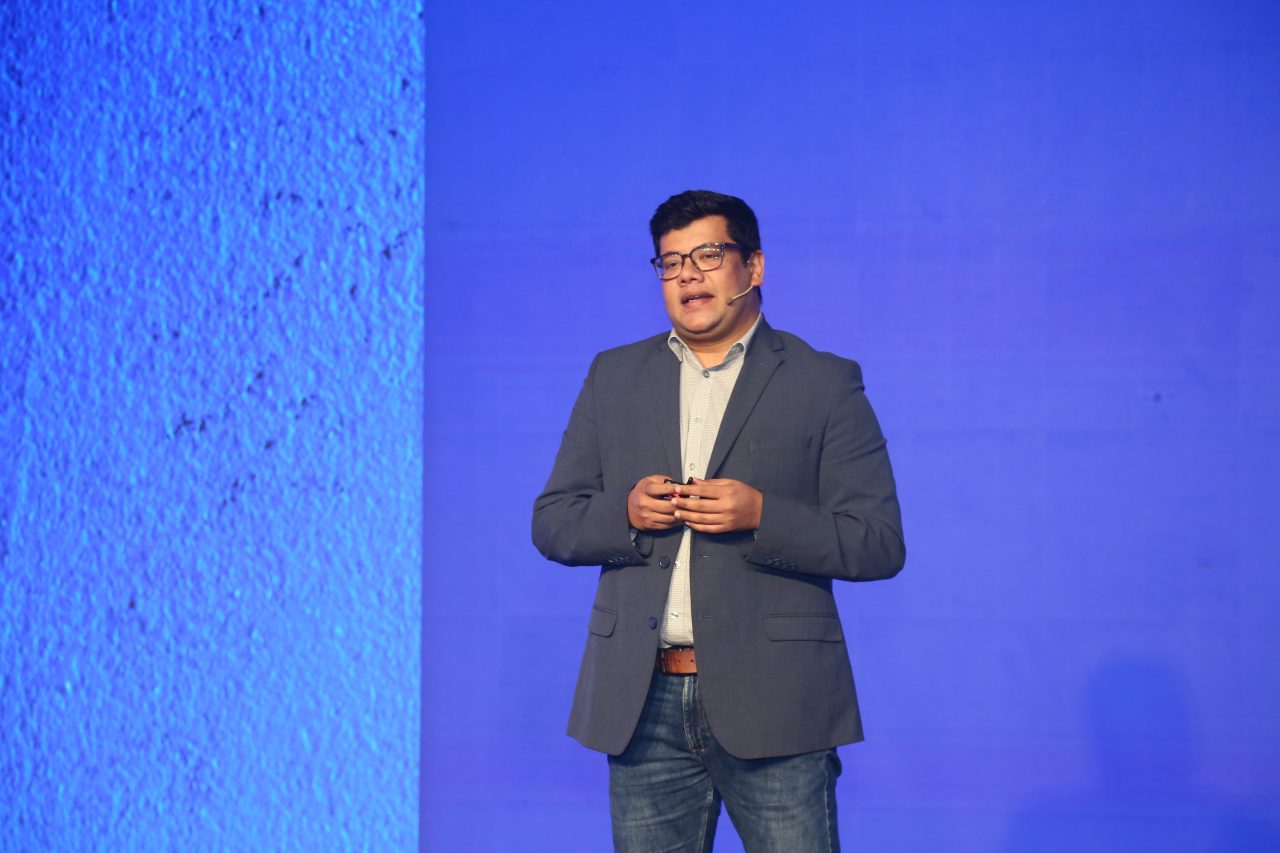As AI continues to reshape the landscape of recruitment, Rohan Sylvester, Talent Strategy Advisor, Employer Branding Specialist, and Product Evangelist at Indeed India, shares his profound insights on how these technologies are transforming the hiring process at the SHRM India Annual Conference and Expo 2024 held recently. This discussion highlights innovative strategies and the ethical integration of AI, providing a glimpse into the future of work. Explore the dynamic intersection of AI and human resource management, guided by Rohan's expertise and forward-thinking perspective.
AI Evolution and the Path Forward
The rapid evolution of AI has sparked a range of emotions and reactions, from excitement to confusion. With AI becoming an integral part of various industries, the creation of an Artificial Intelligence Anxiety Society was proposed as a way to address these mixed feelings. Notably, the adoption of AI is happening at an unprecedented rate, evidenced by ChatGPT's swift rise to 100 million users. This fast-paced integration showcases both the creativity of humans and the vast potential of AI, exemplified by AI-generated images like a UFO perched on a giant cow.
Challenges in HR and AI’s Role
HR professionals face unique challenges in the AI era, from the dehumanization of hiring processes to algorithmic biases and job uncertainties. There are concerns about labor shortages and the ethics of using AI in recruitment. Emphasizing responsible AI implementation is crucial. For example, Indeed's integration of AI is guided by five principles aimed at shaping the future of work. By focusing on ethical standards, companies can harness AI's potential while mitigating its risks.
Putting Job Seekers First
Incorporating AI into the hiring process can be a game-changer, but it should always prioritize the needs of job seekers. This approach benefits both employers and job seekers alike. Indeed produces vast amounts of data, offering insights into labor market trends and predicting how job seekers might react. The introduction of AI tools, such as those powered by OpenAI and ChatGPT, enhances the efficiency of generating job descriptions and identifying suitable candidates. Looking ahead, the proposed AI tool, Pathfinder, aims to act as a talent agent, recommending jobs based on individual skills and priorities. This future-forward approach aligns with the belief held by 66% of leaders that AI skills are crucial for future hires.
Leadership in a Dynamic World
Leadership is evolving to meet the demands of a rapidly changing world. Technological disruptions, global uncertainties, and the push for greater diversity and inclusion require effective and adaptive leaders. Addressing these challenges is no small feat, but the right leadership can navigate these turbulent waters. The introduction of Betty Thompson—a dynamic and transformative leader—underlines the importance of innovative leadership in driving progress and embracing the future.
From prioritizing job seekers to implementing AI responsibly, the evolution of leadership and AI integration is shaping the future of work. Embracing these changes with a thoughtful approach can lead to a more inclusive, efficient, and dynamic work environment.
Was this resource helpful?




